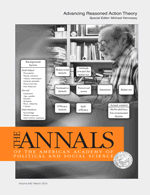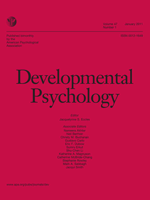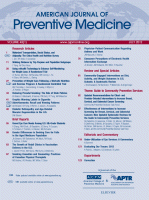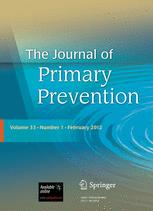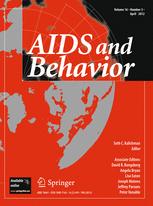The March 2012 issue of The Annals of the American Academy of Political and Social Science, which features articles derived from the Martin Fishbein Memorial Seminar Series, is now available. Michael Hennessy, Ph.D., Senior Research Analyst at APPC, is special editor of the volume, “Advancing Reasoned Action Theory.” Also contributing to the special issue
Health and Risk Communication
After 11 Years of Setting the Record Straight, Stories about Holiday Suicides Still Outnumber Those Debunking the Myth, APPC Study Finds
Since we began our annual study, the number of stories supporting the myth has declined. But surprisingly, the number of stories each year claiming that the link is real remains stubbornly difficult to eliminate.
Dan Romer Testifies at House Subcommittee Hearing on Internet Gaming
On Tuesday the House Energy and Commerce Subcommittee on Commerce, Manufacturing and Trades met to discuss the need for regulation to protect consumers from the risks associated with online gambling. Dan Romer, director of APPC’s Adolescent Communication Institution, shared research findings from the National Annenberg Survey of Youth on the adverse effects of gambling on
APPC launches seminar series on the neuroscience of communication
Dr. Uri Hasson, Assistant Professor of Psychology at Princeton University, delivered the first seminar in the series, “Face to Face, Brain to Brain: Exploring the Mechanisms of Dyadic Social Interactions,” on Tuesday, October 4, 2011. The seminar was held in APPC’s atrium before an audience of graduate students and scholars. Seminar abstract: Cognitive neuroscience experiments typically isolate
APPC Health Communication team published in Health Education & Behavior
Lead author Amy Bleakley, Ph.D., Michael Hennessy, Ph.D., both Senior Research Analysts, Martin Fishbein, Ph.D., the former director of the Health Communication program at APPC, and Amy Jordan, Ph.D., director of the Media and the Developing Child program, co-authored a paper – "Using the Integrative Model to Explain How Exposure to Sexual Media Content Influences
